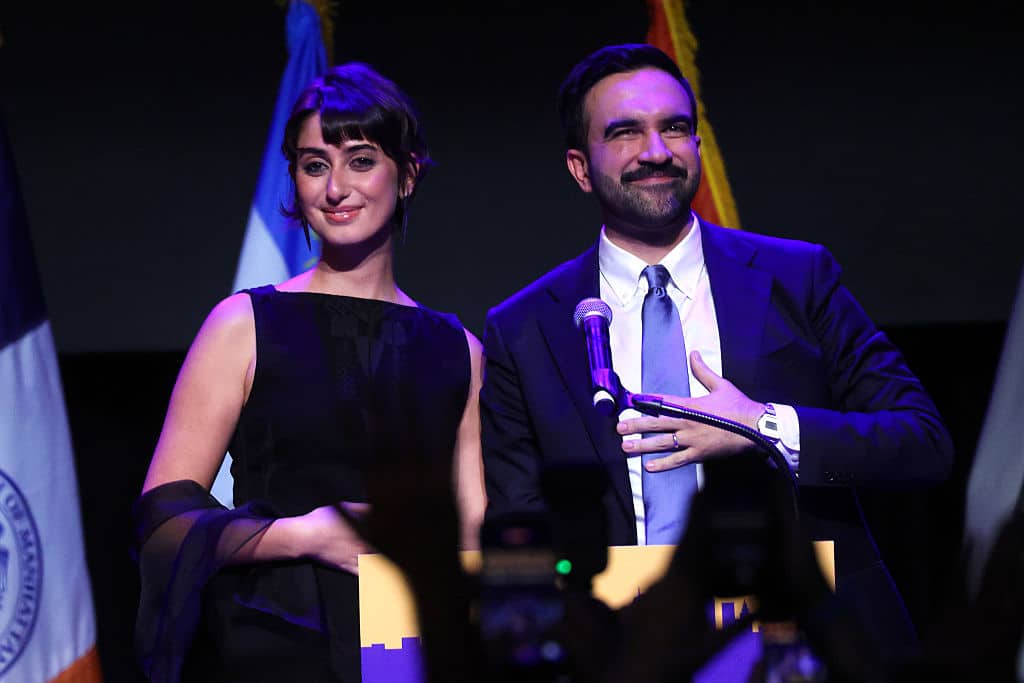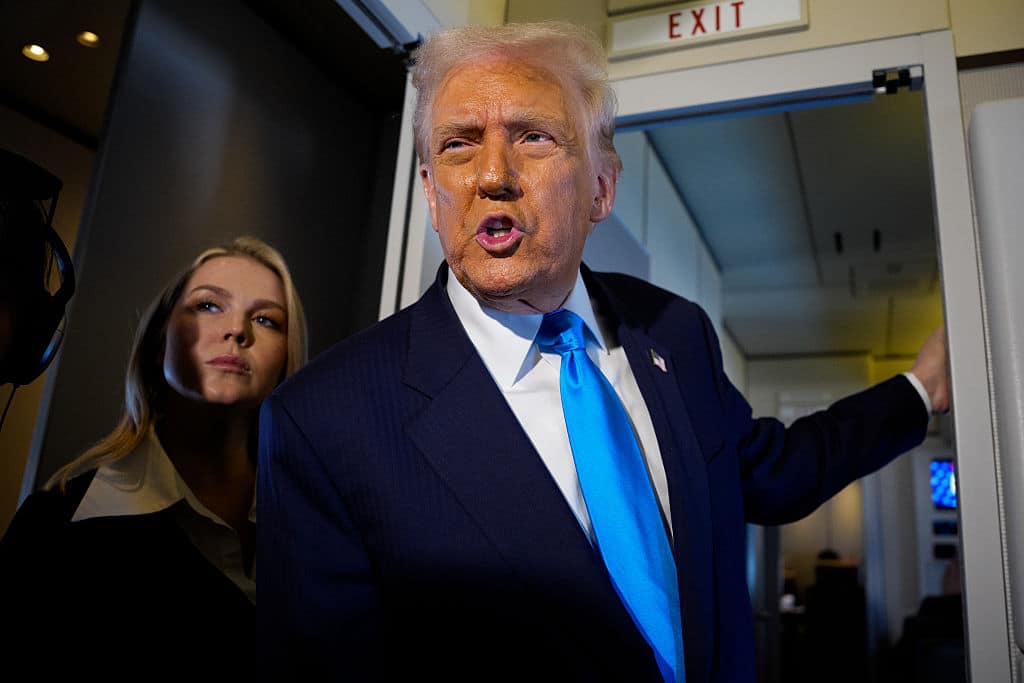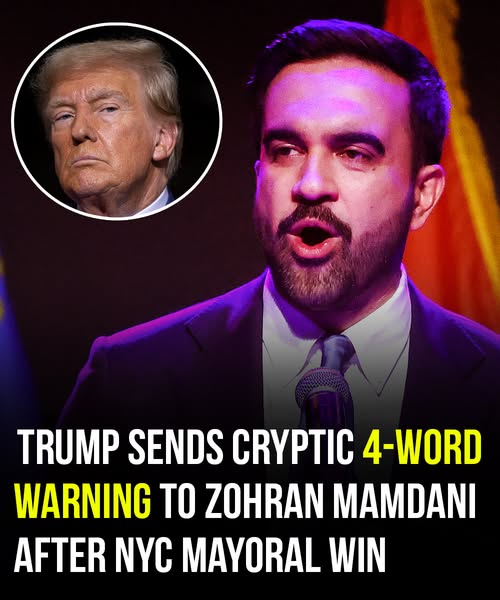Zohran Mamdani’s win took the city by storm. In a race that many expected to be close, the 34-year-old candidate pulled ahead with astonishing speed, ultimately gathering more than 1.03 million votes—more than all of his opponents combined. With that, he became New York City’s first Muslim mayor and the first mayor of South Asian heritage, marking a moment that will be written into city history for decades.
The atmosphere leading up to the election had already been tense. Mamdani, known for his left-leaning policies and grassroots organizing, found himself repeatedly targeted by President Donald Trump, who has long framed New York as part of his personal legacy. Over the summer, Trump mocked the idea of Mamdani winning, calling him “a pure communist” and insisting the city would fall apart under his leadership. He even suggested that if Mamdani took office, federal funding to New York could be drastically reduced.
When the votes were counted and the numbers were undeniable, Mamdani walked onto a brightly lit stage outside the Brooklyn Paramount and addressed a crowd that was already chanting his name. He spoke about the city he grew up in, the city that shaped him, and the city that had now chosen him to lead.
“New York will remain a city of immigrants, a city built by immigrants, powered by immigrants and as of tonight, led by an immigrant,” he said. His voice was calm but firm, his words landing with weight. He continued, “If anyone can show a nation betrayed by Donald Trump how to defeat him, it is the city that gave rise to him.”

The crowd erupted—but Mamdani wasn’t done.
He leaned into the microphone and aimed his next message directly at one specific viewer.
“Donald Trump, since I know you’re watching, I have four words for you: turn the volume up!”
It was bold, pointed, and impossible to ignore.
Hours later, Trump responded on Truth Social with a short, chilling message:
“…AND SO IT BEGINS!”
The post triggered a flood of reactions. Some dismissed it as typical Trump showmanship; others wondered if it hinted at something more serious. After all, Trump had previously threatened to cut funding, and even alluded—without explanation—to legal consequences for Mamdani should he take office. What “begins” now remains unclear, but the signal was unmistakable: Trump does not plan to quietly accept this shift in the city he once shaped.
Mamdani, meanwhile, is preparing to govern. His platform focuses on affordability and public investment—free public transit, expanded childcare access, rent freezes, and higher wages. Supporters believe his policies could transform day-to-day life for working families. Critics argue his plans rely too heavily on taxing corporations and the wealthy, which could trigger political battles at both the state and federal level.

What comes next is a clash between two forces who see New York—not just as a city—but as a symbol of America’s future.
One built on bold reform.
The other built on personal legacy and power.
Many are watching.
And neither side seems interested in backing down.
Whether the months ahead bring collaboration, conflict, or something far more dramatic remains to be seen.


